The EU has a number of institutions and bodies that play important roles in the day-to-day running of the EU. There are also a host of specialised agencies and decentralised bodies that handle a range of technical, scientific and management tasks.
Read on to learn what they are and what they do.

The European Parliament is made up of directly elected members from each EU country, who debate and amend laws.
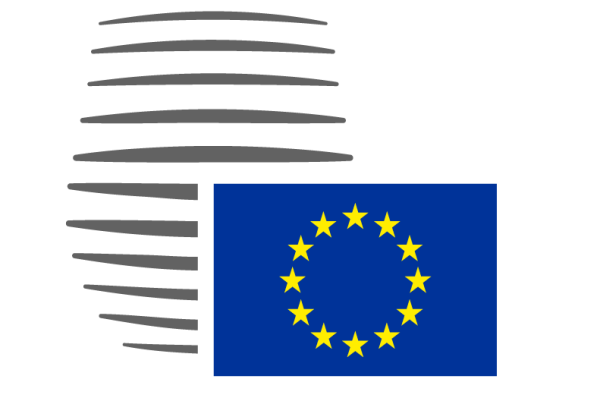
The European Council is where the EU heads of state and government meet. Chaired by its President, it sets the general political direction of the EU.

The Council of the EU brings together national ministers who adopt laws and coordinate policies in various areas. It is currently chaired by Belgium.

The European Commission proposes laws, upholds EU treaties and takes care of the day-to-day running of the EU.
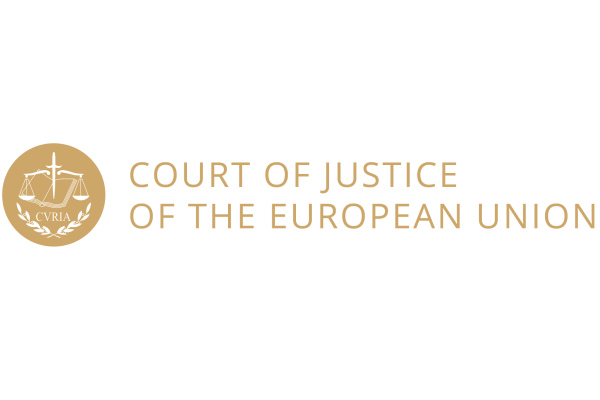
The European Court of Justice makes sure EU law is applied the same way across the EU.
The ECB takes care of the euro. It aims to keep prices stable and contributes to the safety and soundness of European banks.
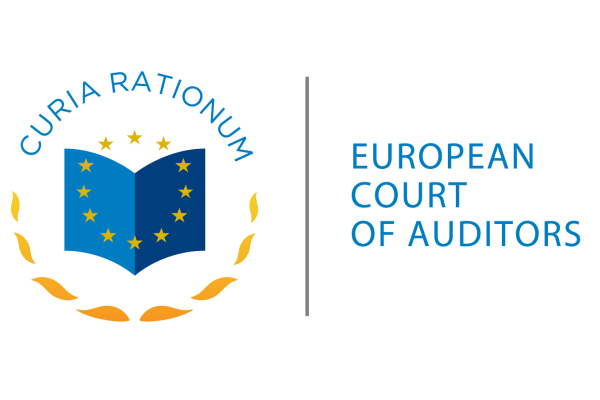
The European Court of Auditors is the EU’s external auditor. It acts as the independent guardian of the financial interests of European citizens.
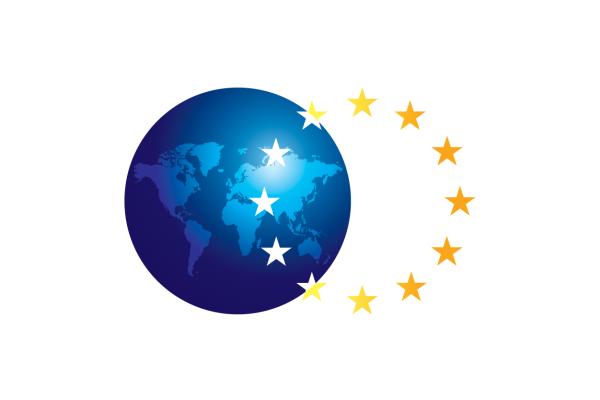
The European External Action Service (EEAS) is the European Union’s diplomatic service. Since 2011, the EEAS carries out the EU’s Common Foreign and Security Policy to promote peace, prosperity, security, and the interests of Europeans across the globe.
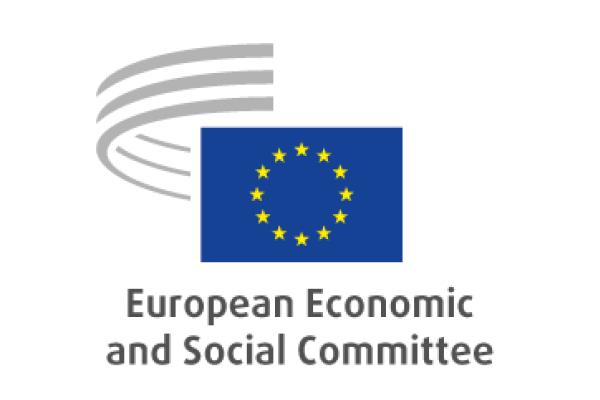
The EESC is a consultative body of the EU. It consists of representatives of civil society organisations from member states that contribute to EU law-making.
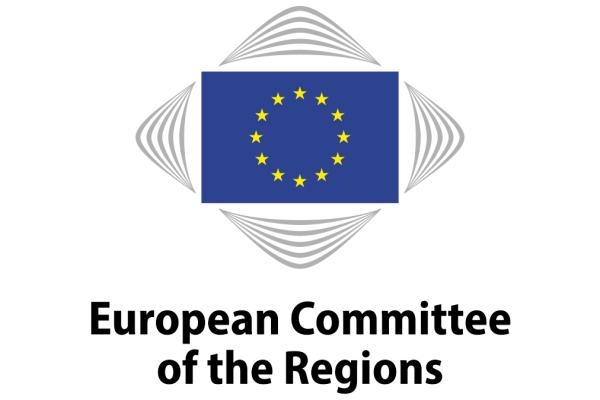
The European Committee of the Regions (CoR) is the voice of regions and cities in the European Union (EU). It represents local and regional authorities across the European Union and advises on new laws that have an impact on regions and cities (70% of all EU legislation).
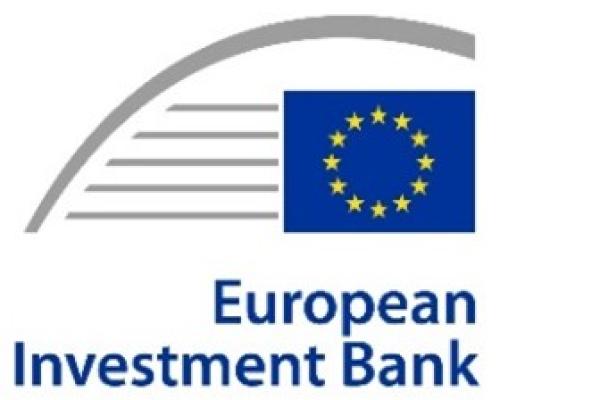
The European Investment Bank is owned by EU Member States and awards long-term loans for projects that contribute to EU policy goals like climate, transport or innovation. At least half of the EIB’s yearly investments go to climate relevant projects.
